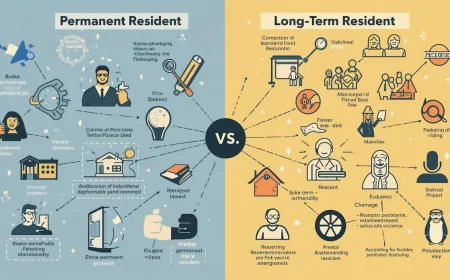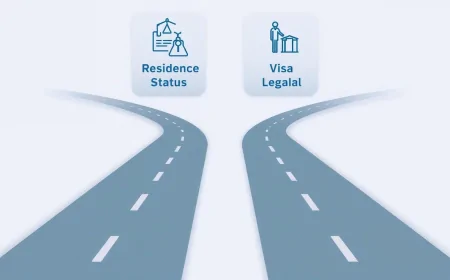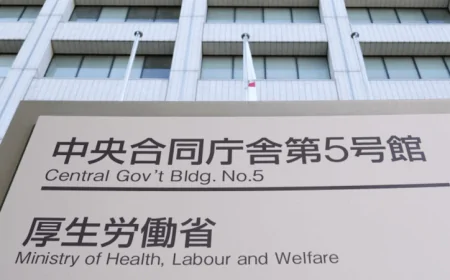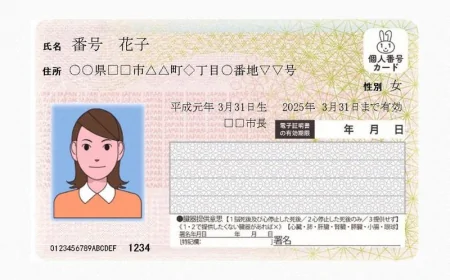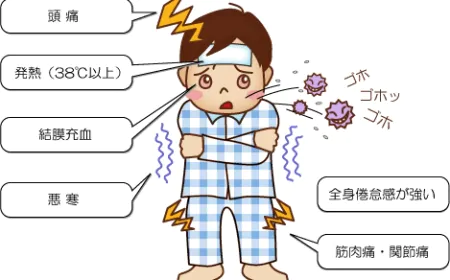How to handle when the employer does not pay salary?
Nowadays, the labor demand of companies in Japan is increasing, leading to the recruitment of foreigners to meet production needs and economic development.

However, there are not always bad cases when foreigners are not paid on time or even by employers. In this article, we will learn about this situation and how to deal with it.
1. Understand the situation
If you are a foreigner working in Japan and have problems not receiving your salary on time or not receiving your salary, start by researching and understanding labor regulations in Japan. Learn about your rights and obligations, and learn about the labor dispute resolution process and worker protections in this country.
2. Negotiate with employers
Before raising the issue, try to negotiate and find out why you didn't receive your salary on time or didn't receive it. It may be due to errors in the payment system or due to misunderstandings. Seek to negotiate a solution that is reasonable and fair to both parties.
3. Contact the top manager
If negotiations don't work out, find a way to contact the top manager in the company. Explain your situation and provide evidence if applicable. Sometimes, referring the problem directly to the top management can help resolve the issue more quickly.
4. Support from the expat community
If the problem is still not resolved, seek support from the expat community in Japan. There are many organizations and communities that support foreigners working in Japan, and they can provide information and guidance on how to solve your problem.
5. Seek legal assistance
If all attempts at negotiation and resolution are unsuccessful, you should seek legal assistance from an attorney or labor organization. They can help you take matters to court and seek justice.
6. Note and protect personal interests
During the problem-solving process, always keep records and evidence related to your employment, such as employment contracts, invoices, payment history, correspondence, etc. This helps protect personal interests and can assist in future dispute resolution steps.
7. Contact the labor administration
If the problem is still not resolved after trying everything, you should contact the labor administration in Japan. This agency will have the authority to supervise and deal with labor-related issues, including the salary issue of foreigners working in Japan. By reporting the matter to this agency, you can request an examination and intervention to resolve the situation fairly.
8. Seek assistance from an embassy or consulate
Your country's embassy or consulate can be an important source of support in this case. They can provide information on the rights and obligations of foreign nationals working in Japan, as well as instructions on how to report and resolve labor issues. In addition, they can also directly intervene with Japanese government agencies to find solutions for you.
9. Share experiences and vigilance with others
Once you have overcome this difficult situation, share your experience with others, especially foreigners who are new to working in Japan. This helps them stay alert and avoid falling into a similar situation. If possible, create a supportive community to face the challenges of work and life in this country.
In the end, it is not easy to deal with the situation of being unpaid by an employer in Japan. However, with patience, knowledge and support from a variety of sources, you can find a fair solution and protect your rights.
記事に関連する商品











